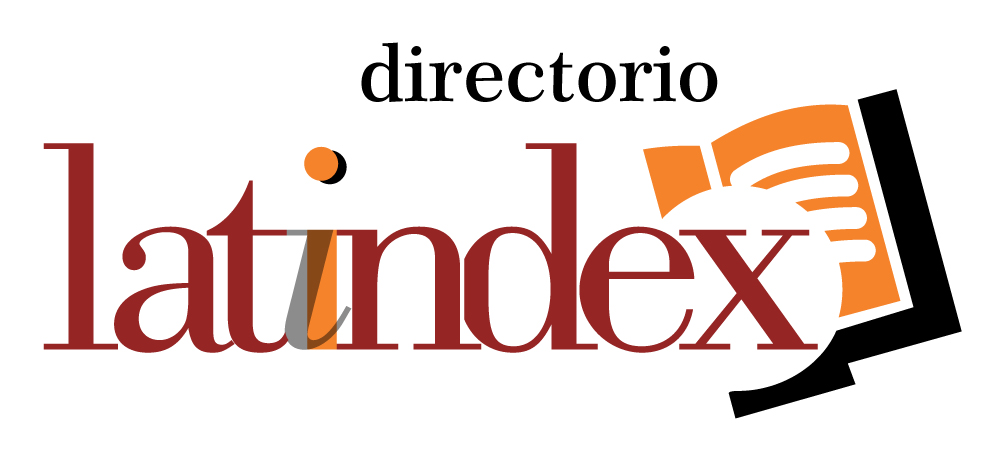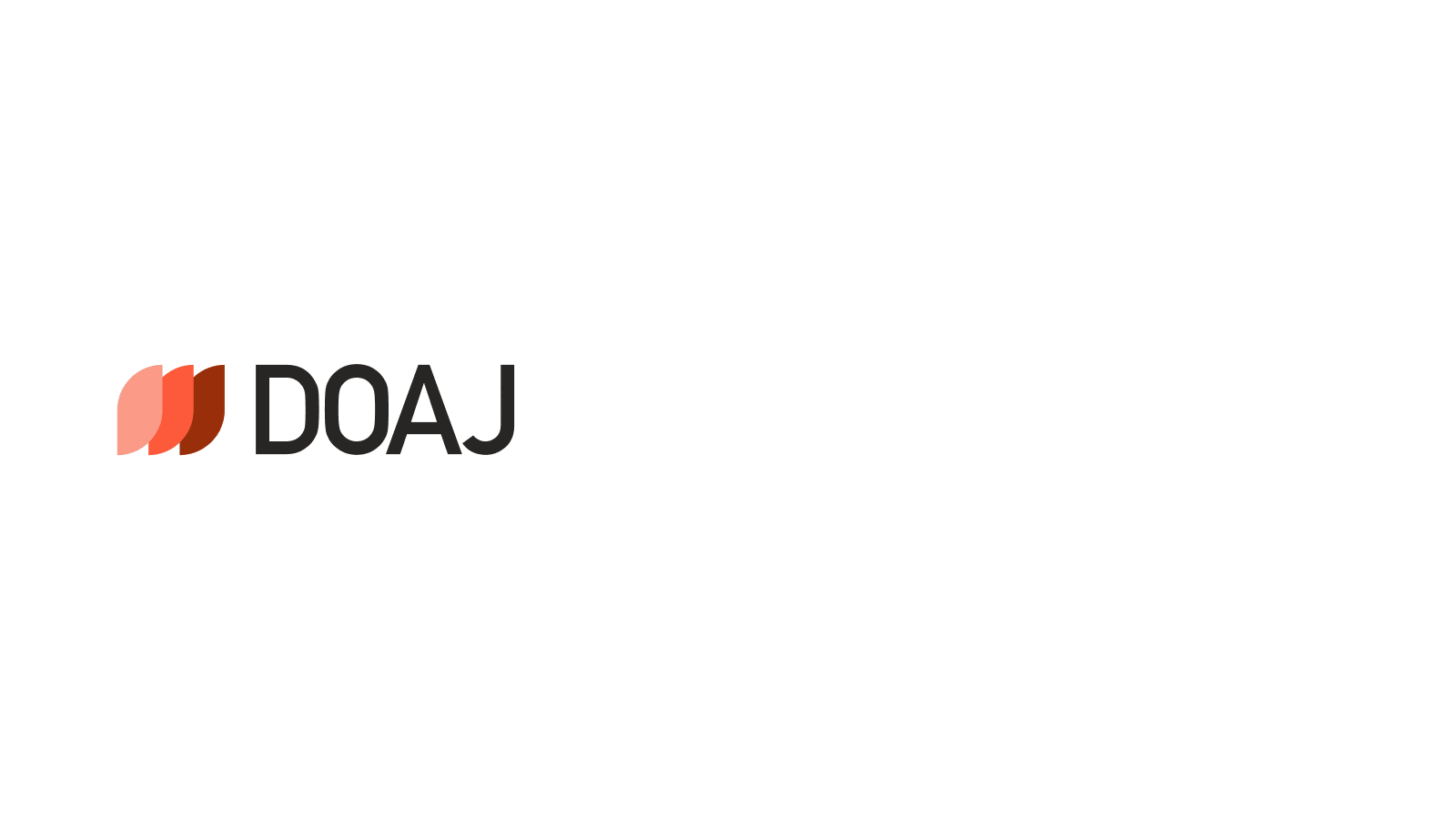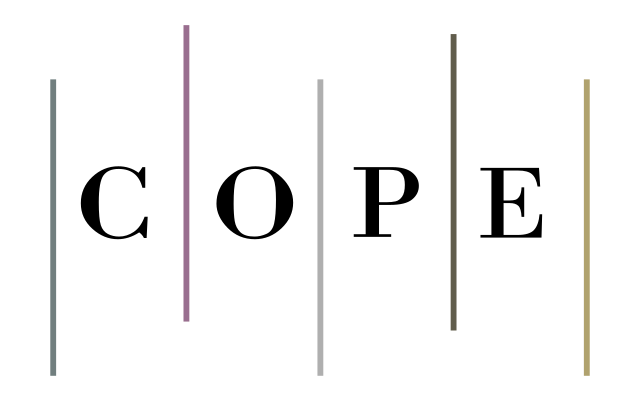Vol. 14 Núm. 2 (2023)

Saudações leitoras/es,
A Inquietude retorna nesta nova edição com reflexões estendidas desde as reflexões do passado filosófico, bem como revisões críticas em pesquisas de fonte sobre aspectos inquietantes do nosso presente.
De início, Adelino Pereira da Silva nos joga diretamente no turbilhão reflexivo sobre do que se trata aquilo que chamamos de “pensamento pós-moderno” na história da filosofia, com seu texto Além da modernidade: Uma análise do pós-moderno na filosofia. Para isso, utiliza uma rememoração acerca do que se entende por “razão”, e como o porto mais seguro do “cais filosófico” torna-se o objeto central das críticas mais severas.
Ainda nos anseios de temas mais recentes, nos será apresentado por Aline Brasiliense dos Santos Brito como o conceito de “vontade” e “pulsão” interpelam as obras de Freud e Schopenhauer, em seu artigo intitulado Apontamentos acerca das referências de Freud a Schopenhauer: Trieb e Wille. Como ela aponta, Schopenhauer atenta-se, em parte de seus escritos, ao conceito de pulsão (Trieb), enquanto Freud, ainda que mantenha relação reticente com a filosofia, volta-se para as leituras filosóficas e com certa inspiração kantiana passa a refletir sobre a ideia de vontade (Wille).
Deixando para trás aquilo que nos está mais recente, André Pereira da Silva nos leva para junto dos antigos sábios, reavendo o impulso prático de uma filosofia ligada à vida, em suas Lições de Epicuro: A filosofia como modo de vida. É aqui que nos são apontadas percepções acerca da filosofia tomada como uma atividade voltada para a obtenção dos prazeres e à conquista da felicidade.
Avançando neste espaço-temporal filosófico, Carlos Cassiano Gomes Leite busca pensar implicações éticas e políticas através de reivindicações conceituais da obra de Spinoza, por Laurent Bove e Mark Fisher, em seu brilhante escrito nomeado de Considerações acerca de certa presença spinozista na obra de Laurent Bove e Mark Fisher. Ao apresentar a abordagem dos autores mencionados a conceitos como “projeto autônomo da multidão” e o conceito spinozano de “entidade”, Carlos Leite busca interpelar a obra de ambos para pensar a política como uma potência de força institucional inalienável.
Ao fim de nossa jornada, Lucas Ribeiro Vollet nos propicia um artigo escrito em língua inglesa, nomeado de Examining ideological premises in Frege’s semantics: An investigation of some standards of uniforming thinking about meaning in the beginnings of analytic philosophy. Ao nos trazer de volta para os pressupostos históricos que influenciaram os embates reflexivos do primeiro artigo, Lucas Vollet retoma observações acerca das influências filosóficas atribuídas a Frege, diante da primeira fase da filosofia analítica, compreendendo como as concepções da atribuição de valores de verdade baseada em parâmetros semânticos congregam em harmonia com as perspectivas sociológicas populares relativas à comunicação e compreensão daquilo que é comunicado.
É com o prazer das tremulações de um barco em meio às ondas de um vasto oceano que encaramos tais artigos, pulando de eras em eras no intuito de investigar acerca de temas voltados tanto para a análise conceitual quanto para as implicações práticas da vida humana, que incontestavelmente, são permeadas pela filosofia.
Atenciosamente,
A edição.
**********************************************************************************************
CORPO EDITORAL CIENTÍFICO (NOMINATA)
Alessandro Bandeira Duarte (UFRRJ, Rio de Janeiro, RJ, Brasil)
Bruno Abilio Galvão (UERJ, Rio de Janeiro, RJ, Brasil)
Cristiane Maria Marinho (UECE, Fortaleza, CE, Brasil)
Cristiano Bonneau (UFPB, João Pessoa, PB, Brasil)
Diogo Barros Bogéa (UERJ, Rio de Janeiro, RJ, Brasil)
Dirceu Arno Krüger Junior (UFPEL, Pelotas, RS, Brasil)
Douglas Moisés Pinheiro Carré (UFSM, Santa Maria, RS, Brasil)
Eduardo Carli de Moraes (UFG, Goiânia, GO, Brasil)
Evandro Carlos Godoy (IFSul, Sapucaia do Sul, RS, Brasil)
Felipe Assunção Martins (UFG, Goiás, GO, Brasil)
Helrison Silva Costa (UFMG, Belo Horizonte, MG, Brasil)
José Francisco de Andrade Alvarenga (PUC-Rio, Rio de Janeiro, RJ, Brasil)
Karen Elena Costa Dal Castel (UFSC, Florianópolis, SC, Brasil)
Marcos Adriano Zmijewski (Unespar, União da Vitória, PR, Brasil)
Marcos Roberto Damásio da Silva (UECE, Fortaleza, CE, Brasil)
Matheus Romero de Morais (USP, São Paulo, SP, Brasil)
Sérgio Mendonça Benedito (USP, São Paulo, SP, Brasil)








